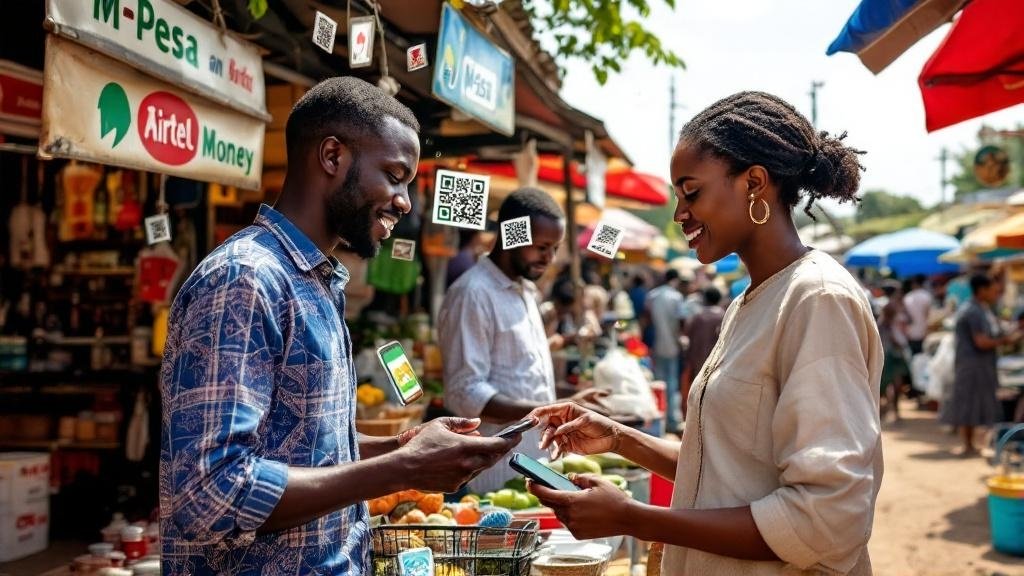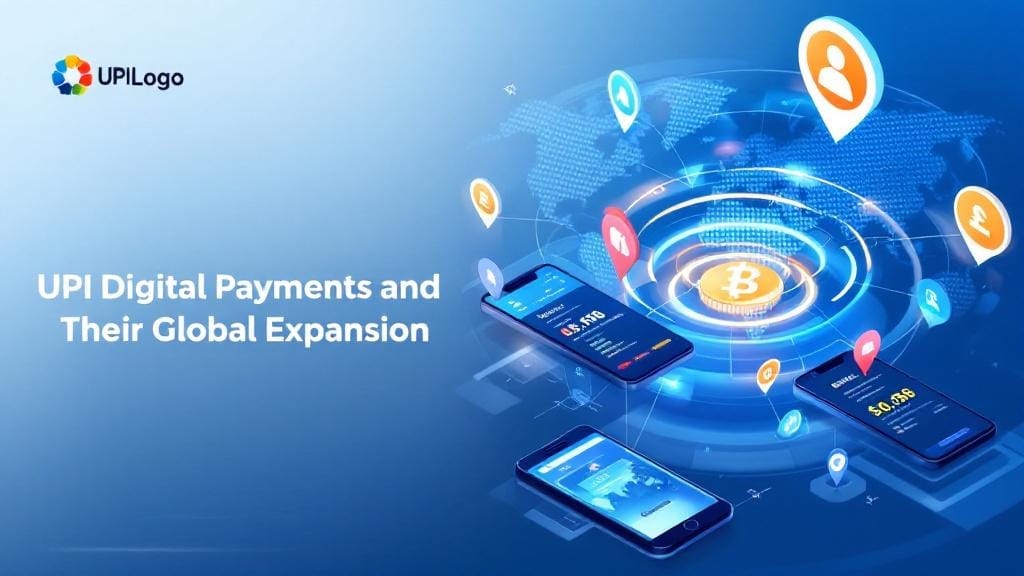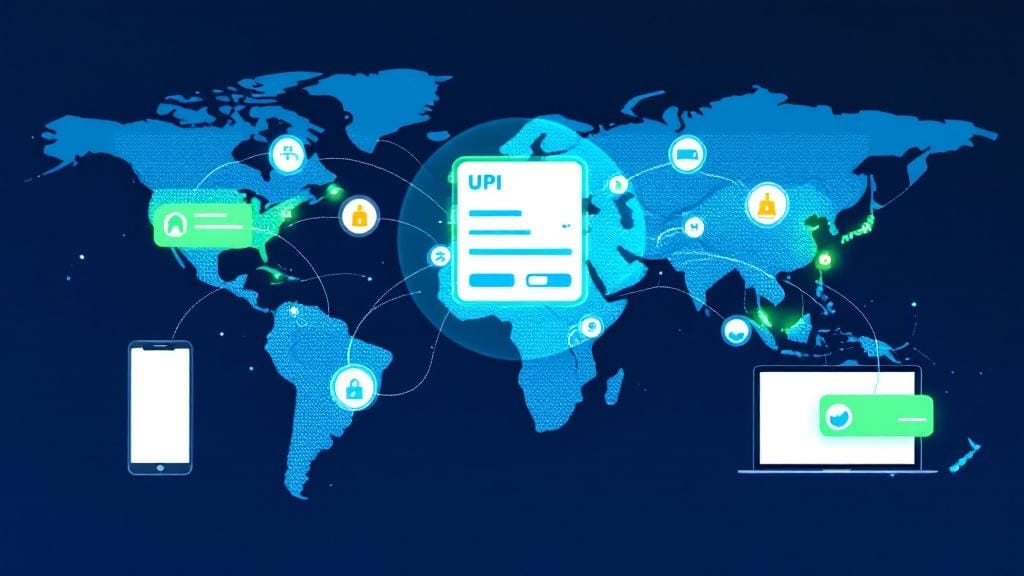In recent years, digital wallet adoption in Africa has accelerated at an unprecedented pace, reshaping the continent’s financial landscape. As mobile penetration deepens and fintech innovation flourishes, millions of Africans—especially the unbanked—are now participating in the digital economy like never before.
From M-Pesa mobile payments in Kenya to the rise of local fintech startups, the digital revolution is empowering both urban and rural communities to access, send, and manage money more efficiently and securely. This article explores how mobile wallet usage in Africa is driving financial inclusion, the key challenges, opportunities, and what the future holds.
🌍 Why Digital Wallets Matter in Africa
Africa has long faced challenges related to traditional banking—limited branch infrastructure, high fees, and underserved rural areas. But today, mobile phones are leapfrogging those barriers. With over 800 million mobile connections and a growing digital-first generation, Africa is well-positioned to lead the digital payments charge.
Key stats that highlight the shift:
-
Over 70% of Sub-Saharan Africans remain unbanked.
-
More than 500 million mobile money accounts exist in Africa (GSMA, 2024).
-
Cross-border mobile payments grew by 44% in East Africa last year.
This shift is not just a trend—it’s a transformation.
💡 What Is Driving Digital Wallet Adoption in Africa?
1. Fintech Growth in Africa
Africa is home to one of the fastest-growing fintech ecosystems in the world. Startups like Flutterwave, Chipper Cash, and Paystack are revolutionizing the way Africans pay, save, and transact. These companies are creating e-wallet solutions that are user-friendly, secure, and tailor-made for the continent’s unique needs.
2. The Power of Mobile Phones
Mobile phones are Africa’s gateway to the internet—and to finance. With even basic phones supporting mobile money adoption in Africa, users in remote villages can now send and receive funds, pay bills, or shop online—all without stepping into a bank.
3. Unbanked Population in Africa
Traditional banks haven’t been able to reach the majority of Africans. That’s where digital wallets come in. They offer a low-cost, accessible alternative, particularly for the unbanked population in rural areas who now have access to rural digital finance tools.
📲 Popular Mobile Wallets in Africa
Here are some standout digital wallet platforms transforming African finance:
| Mobile Wallet | Country | Key Feature |
|---|---|---|
| M-Pesa | Kenya | Peer-to-peer mobile payments, airtime top-up, savings |
| Airtel Money | Multiple | Cross-border remittances, bill payments |
| Chipper Cash | Pan-Africa | Free P2P transfers, crypto trading |
| MTN MoMo | West Africa | Wallet for transfers, utilities, savings |
| Opay | Nigeria | QR payments, ride-hailing, mobile banking |
These platforms highlight Africa’s mobile wallet usage boom—especially among youth and small businesses.
💼 Benefits of Digital Wallets for Africans
✅ 1. Financial Inclusion
Digital wallets bring essential financial services to those previously excluded. Farmers, traders, and gig workers can now receive payments, save money, and access credit with ease.
✅ 2. Peer-to-Peer Transactions
Sending money to friends or family no longer requires a trip to the city. P2P transactions are fast, often free, and done with a few taps on a phone.
✅ 3. Improved Security
Cash can be risky—especially in rural areas. Digital wallets reduce theft risk and give users transaction history, fraud alerts, and PIN security.
✅ 4. Supports the Cashless Economy
Governments and banks are promoting a cashless economy in Africa to reduce corruption, improve tax collection, and boost transparency. Digital wallets are the cornerstone of that mission.
🔍 Africa’s Digital Finance Trends to Watch
📈 1. Cryptocurrency Adoption in Africa
In places like Nigeria and South Africa, crypto is becoming a tool for wealth protection and international payments. Some wallets now integrate blockchain in African finance, allowing users to buy and sell cryptocurrencies securely.
🚀 2. Tech Startups in Africa
From Egypt to Ghana, tech startups are building platforms for lending, micro-insurance, and mobile banking in Africa. Many of these firms target specific local problems, like enabling payments without data or offline access.
📜 3. Fintech Regulation in Africa
As digital wallets explode in popularity, regulators are stepping in to ensure safety and standardization. Countries like Kenya, Nigeria, and Rwanda are updating frameworks to foster innovation while protecting consumers.
🌱 Challenges to Digital Wallet Growth in Africa
Despite rapid progress, a few hurdles remain:
🔌 Infrastructure Gaps
Some rural areas still lack reliable mobile networks or electricity, making digital finance adoption slower.
📚 Financial Literacy
Not everyone understands how digital wallets work, especially older or non-tech-savvy populations.
🤝 Trust Issues
Concerns around fraud, hidden fees, and app reliability can deter first-time users.
💬 Real-Life Impact: M-Pesa’s Story
Let’s take M-Pesa, the mobile money pioneer from Kenya. Launched in 2007, it helped millions of unbanked people gain access to digital finance. Farmers began receiving payments directly to their phones. Women entrepreneurs could now safely save profits. And during COVID-19, M-Pesa offered fee-free transfers to promote contactless payments.
M-Pesa has become a blueprint for emerging markets digital finance and now operates in over 7 African countries.
🚀 The Future of Digital Wallets in Africa
The next wave will likely include:
-
AI-driven financial insights for budgeting and saving
-
Embedded finance in social and e-commerce apps
-
Cross-border wallet interoperability
-
Increased crypto-integration
With continued innovation and supportive policies, digital wallet adoption in Africa will play a leading role in creating an inclusive, tech-powered financial future.
📘 FAQs on Digital Wallet Adoption in Africa
1. What is driving mobile wallet usage in Africa?
The surge is driven by high mobile phone penetration, lack of traditional banking infrastructure, and a young, tech-savvy population eager for digital solutions.
2. How do mobile wallets help the unbanked population in Africa?
They provide financial access without requiring a traditional bank account—offering savings, transfers, and credit via mobile phones.
3. Are digital wallets safe in Africa?
Most platforms use encryption, PINs, and biometric security. However, users should always verify wallet providers and avoid sharing PINs.
4. What role does M-Pesa play in Africa’s digital finance ecosystem?
M-Pesa pioneered mobile payments in Africa, especially in Kenya. It’s credited with lifting millions out of poverty by enabling safe, fast, and convenient transactions.
5. How are fintech startups transforming African finance?
Startups are solving local problems with custom solutions—from offline mobile payments to micro-loans and crypto integration—fueling Africa’s digital transformation.
6. Can digital wallets be used for cross-border payments?
Yes, some platforms like Chipper Cash and Airtel Money support cross-border mobile payments, enabling international remittances directly through mobile wallets.
7. What’s the future of digital wallets in rural Africa?
With better connectivity and financial education, rural communities will see more services like micro-insurance, agricultural payments, and solar financing via mobile wallets.
📝 Conclusion: A Mobile-First Financial Revolution
The story of digital wallet adoption in Africa is one of innovation meeting necessity. By putting financial power in the hands of millions, mobile wallets are reshaping economies, improving lives, and accelerating Africa’s digital transformation.
As the fintech space continues to evolve and regulations mature, Africa stands at the forefront of a global shift toward inclusive, digital finance.








Comments (0)